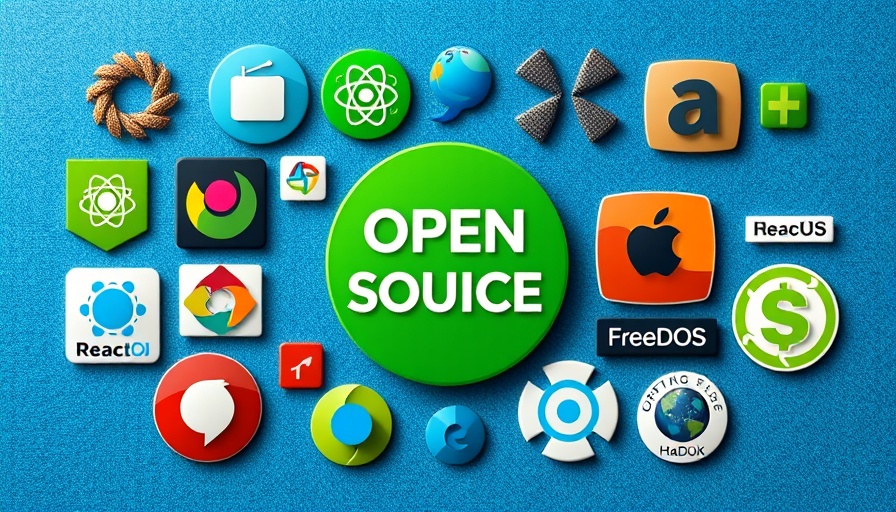
Beyond Linux: Exploring Diverse Open-Source Operating Systems
When you think of open-source operating systems, Linux often springs to mind. However, there’s a wealth of innovative operating systems that diverge from the Linux path, each with its unique characteristics and potential for businesses. In an era where flexibility and customization are key for operational success, understanding these alternatives can empower managers to make informed technology decisions.
Why Explore Non-Linux Operating Systems?
Linux is indeed the most recognized open-source OS, yet it’s crucial to realize that other systems have made significant impacts in tech history. For example, Plan 9 From Bell Labs aimed to redefine operating systems by allowing users to explore network servers just as easily as local files. This concept of seamless access can inspire businesses looking for efficiency in their operations.
Historical Inspirations for Modern Solutions
Another noteworthy mention is Haiku, an open-source revival of BeOS, designed specifically for multimedia tasks. For business owners involved in creative fields, understanding how Haiku handles these tasks may provide insights into optimizing workflow for multimedia projects.
Learning from Minix
Minix, originally developed to educate about microkernels, played a crucial role in the creation of Linux itself. It's fascinating to note that many prominent technologies are built upon earlier innovations. Adapting similar microkernel structures or principles could inspire more robust systems in your operations.
The Road Ahead: Future Innovations in OS
As technology evolves, new operating systems will continue to emerge from the shadows of Linux. Keeping an eye on systems like HelenOS and AROS might reveal fresh ideas and methodologies that can enhance business practices, particularly in niche markets.
Your Path to a Future-Ready Business
The choices in the operating systems landscape expand your potential for customization according to your specific business needs. By understanding these alternatives and their historical context, you empower yourself to implement innovative technologies that drive competitive advantage.
Curious about how these operating systems can serve your business needs? Start your journey today by exploring these options further and readying your operations for a future where technology remains at the forefront of growth.
 Add Row
Add Row  Add
Add 










 Add Row
Add Row  Add
Add 

Write A Comment